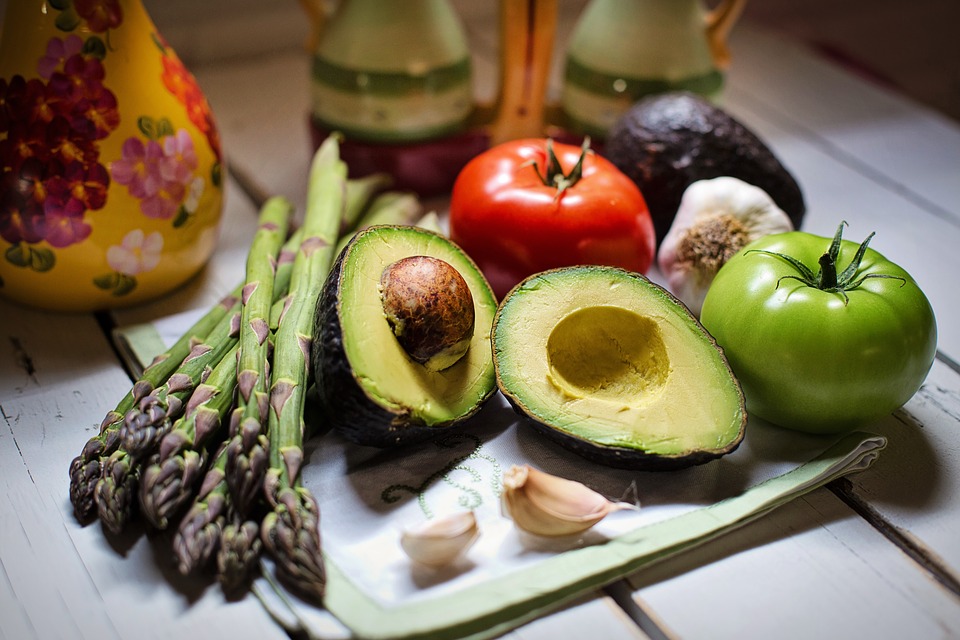Compassion is not an either-or attribute. You can care about people as well as pigs.
Plant milk, tofu and Naked bars. What do all three of these things have in common? Besides the fact that they are vegan, which they obviously are, they are an issue of accessibility.
It’s not uncommon nowadays to feel the pressures of a vegan, organic, plant-based lifestyle. It is also not uncommon in the UK (as much as we try to ignore it) to have to choose between heating and veggies; a roof or a hot meal. If you follow your moral compass and are in the position to eat plant-based, I applaud you, there is no doubt that it is good for the environment, and likely for your own health. However, after an austerity-based-project this semester, I ask, what if you are not?
As a student with a loan coming in, I make steps towards veganism where possible. I prefer the taste of oat milk, and after taking a module on climate change, I like the feeling it gives me to know that I’m taking a small step against the dairy industry. I am in a position of privilege; I read articles by The Guardian, see adverts on bus stations, read captions on Instagram by social influencers, feel the pang of sadness when I see a documentary about animal slaughter, and I am able to act on the inevitable moral pressures that stem from these sources. I am also lucky, in that I have never had to worry about where my next meal is coming from.
A quick google search will enlighten you to the truth about diet and austerity here on our little island. Figures released by The Trussell Trust claim that between March 2017 and 2018, they donated over 1.3 million three-day emergency food supplies. With such a heavy reliance on food banks – institutions often dominated by non-perishables rather than fresh fruit or veg – the plea for an ethical diet kind of falls flat. I don’t know if you’ve ever been to a food bank, but I can promise that it doesn’t look like the inside of a Holland and Barrett.
We are all guilty of pushing our passions onto others. I find myself pouting when I meet someone who doesn’t like the same music as I do, and I will persistently attempt to find them a song that changes their whole outlook on the matter. But it is about time we separated nutrition from choice. For a lot of people in the UK, restrictive (and often much more expensive) diets such as veganism are inaccessible. This is not just limited to those mentioned in detail in this article: eating disorder survivors and people with allergens also fall under the bracket of unattainable ‘ethical’ nutrition. Ethical diets are attainable from a position of privilege.
It’s time we separated our diets from unconditional choice. Because let’s face it, a boiled egg is a nutritional, cheap way to put dinner on the table for your family, despite a growing public discourse that tell us eggs are evil. Plant-based diets are increasingly a way to take the trendy moral high ground and assume that anyone ignorant enough to continue eating meat does not care about the environment, or animal welfare.
Perhaps it’s about more than that. Until veganism is an accessible, non-restrictive lifestyle choice, maybe its time to stop pointing fingers, and rally together instead.
Emily Merrill

